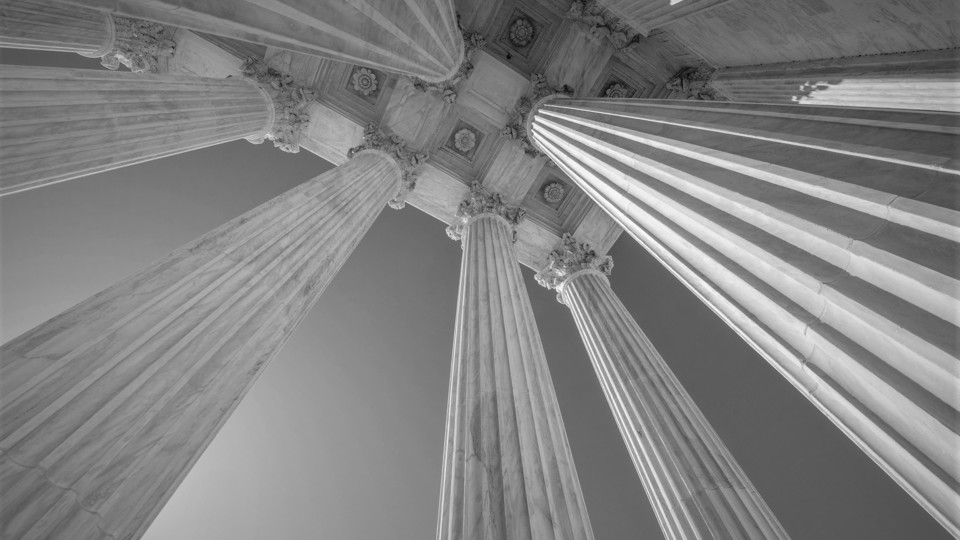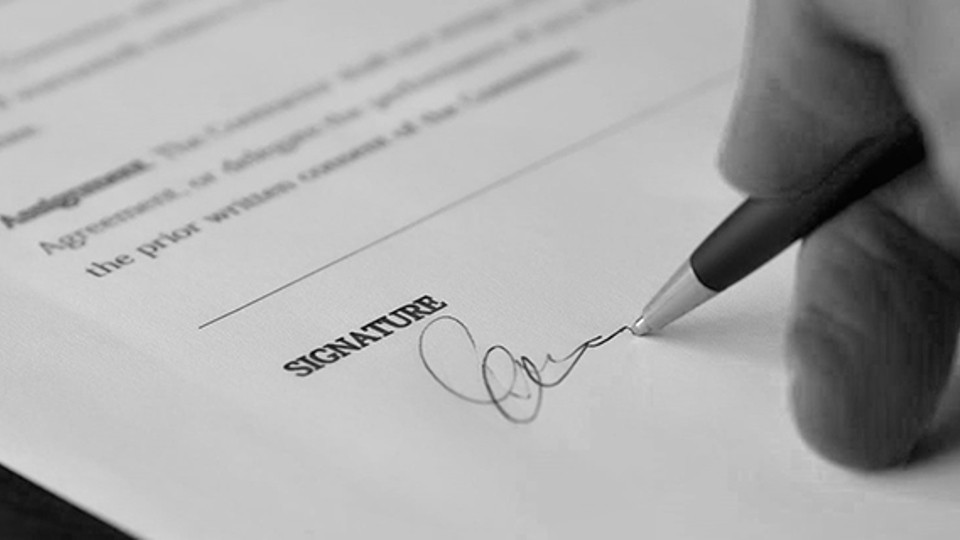Vitamin C cartel
Vitamin companies in China publicly announced that they had agreed to minimum price restraints amongst themselves. Those companies – all of which exported vitamin C to the United States – essentially admitted to engaging in price-fixing in violation of U.S. antitrust laws.
Action
Having just concluded a successful trial against another set of foreign vitamin importers, securing more than $1 billion in settlements and a verdict against the remaining defendants, we and our co-counsel immediately started investigating.
We agreed to pursue the case on a full risk basis for our clients and a class of entities that had directly purchased vitamin C from the defendants, despite the fact that the U.S. Department of Justice did not file its own charges. Hausfeld and our co-counsel brought the case to trial and in doing so, successfully pioneered the first jury verdict in an antitrust case in the United States against Chinese corporations.
The Chinese vitamin sellers argued that Chinese law had required them to engage in price-fixing in violation of U.S. laws, and thus they should be excused from liability under principles of comity or the doctrine of foreign sovereign compulsion. The District Court disagreed, concluding that: “[t]he Chinese law relied upon by defendants did not compel their illegal conduct. Although defendants and the Chinese government argue to the contrary, the provisions of Chinese law before me do not support their position, which is also belied by the factual record.”
The team suffered a setback when the U.S. Court of Appeals for the Second Circuit sided with the Chinese companies, holding that the Court was “bound to defer” to the Chinese government’s characterization of its law.
Undeterred, we and our co-counsel challenged this decision before the United States Supreme Court and prevailed. Writing on behalf of a unanimous court, Justice Ginsburg reversed and remanded, holding that “[a] federal court should accord respectful consideration to a foreign government’s submission, but is not bound to accord conclusive effect to the foreign government’s statements.” Agreeing with our legal arguments (and the official position of the United States, as advocated by the Solicitor General), the Court pointed to Federal Rule of Civil Procedure 44.1 (in determining foreign law, “the court may consider any relevant material or source . . . whether or not submitted by a party”) and remanded the case to the Court of Appeals to consider the evidence of foreign law, as the District Court had done.
Outcome
In the course of the litigation, three of the defendants settled for a total of $32.5 million. In August 2021, the Second Circuit Court of Appeals reversed the judgment of the District Court and instructed the District Court to dismiss the case. This decision is subject to a further appeal to the Supreme Court.
Hausfeld and our co-counsel received the American Antitrust Institute's award for 'Outstanding Antitrust Litigation Achievement in Private Law Practice' for their work on this case.
The American Antitrust Institute Awards






